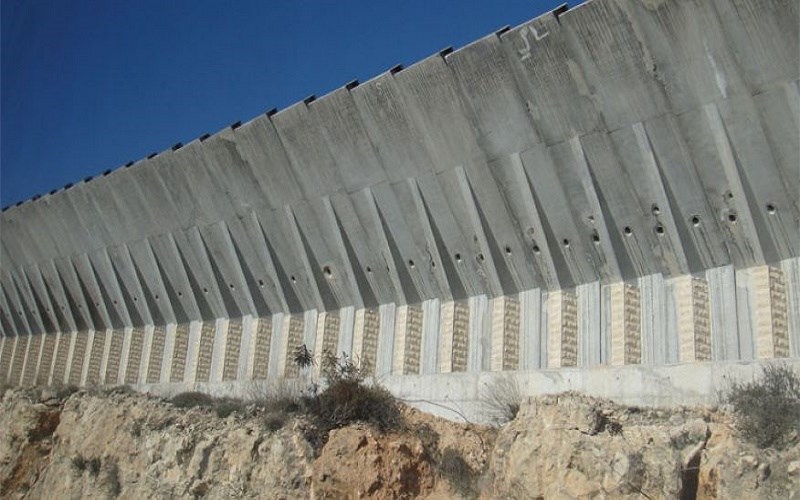

Hot button controversial issues often take some intellectual effort to work through. However, it appears that many people do not wish to exert themselves intellectually, choosing instead to conveniently operate on feelings that are fickle and ever changing. Consequently, hypocrisy is rampant in society today.
For example, a gentleman by the name of John may argue that it is compassionate to allow immigrants to cross America’s border illegally. To his opposing friend, he may say something like, “America is a welcoming country, and we must show love and compassion for those who are fleeing poverty.” John may also say, “We’re all immigrants, so who are we to tell immigrants that they can’t come into America?”
This is a purely emotional argument. Words such as “welcoming,” “love,” and “compassion” are all based upon feelings and cannot be accurately measured or tested. Therefore, anyone who attempts to oppose John’s argument is most likely left looking like an uncompassionate Neanderthal with little concern for the hardships of others. Who can argue against feelings?
A day after John has made his friend feel like an unloving person with no heart, John goes to McDonald's to apply for a job. He soon finds out that the manager at McDonald’s, Sam, prioritizes hiring illegal immigrants because he wants to show compassion toward those who have fled poverty to come to America. John finds himself in a stark contradiction.
Yesterday, John shamed his friend who didn’t want immigrants to cross his country’s border illegally. Now John is frustrated; he can’t get a job because of the very people he said deserved to come to his country illegally.
This is what happens when you solve issues emotionally rather than intellectually.
We Christians base our position on illegal immigration on the Bible and the Constitution. The Bible clearly supersedes the Constitution when it comes to authority, but fortunately, these two do not contradict each other. Rather, they complement one another.
The biblical figure Nehemiah is arguably the most well-known wall builder in Scripture. The Biblical Archaeology Society describes Nehemiah like this:
Nehemiah was a high official in the Persian court of King Artaxerxes I at the capital city of Susa, which lay 150 miles east of the Tigris River in what is now modern Iran. Nehemiah served as the king’s cupbearer (Nehemiah 1:11), which evidently put him in a position to speak to the king and request favors from him. After hearing about the sad state of affairs in Judah, Nehemiah acquired the king’s permission to return to Jerusalem and rebuild the city and its fortifications. He is even given letters from the king to ensure safe passage and to obtain timber from the king’s forest for the gates and walls of Jerusalem.
Nehemiah returned to Jerusalem in 445 B.C. as the provincial governor of Judah/Yehud. He immediately surveyed the damage to the entire city on his well-known night journey around the walls (Nehemiah 2:12–15). He enlisted the help of the people to quickly repair the breaches in the wall. He also urged them to set up guards to defend against the constant threat of those who opposed their efforts, including the armies of Samaria, the Ammonites, and the Ashdodites.
Another figure by the name of King Asa built walls in 2 Chronicles.
“And he said to Judah, 'Let us build these cities and surround them with walls and towers, gates, and bars. The land is still ours, because we have sought the Lord our God. We have sought him, and he has given us peace on every side.' So they built and prospered” (2 Chronicles 14:7).
Joseph Farah of WND.com wrote a great article titled “Should Christians Build Walls?” in which he goes in depth on these biblical examples.
From a constitutional standpoint, this is simple. Article I, section 8, clause 4 gives Congress the right “To establish an uniform Rule of Naturalization, and uniform Laws on the subject of Bankruptcies throughout the United States. …” This means that it is solely up to the legislative branch to decide who does and does not come into our country and how to enforce immigration law properly.
The Secure Fence Act of 2006 allows a border wall to continue being built along the southern border.
By continuing and eventually completing construction of a border wall, the United States government will be acting within their legal authority and most importantly aligning with biblical precedent.

